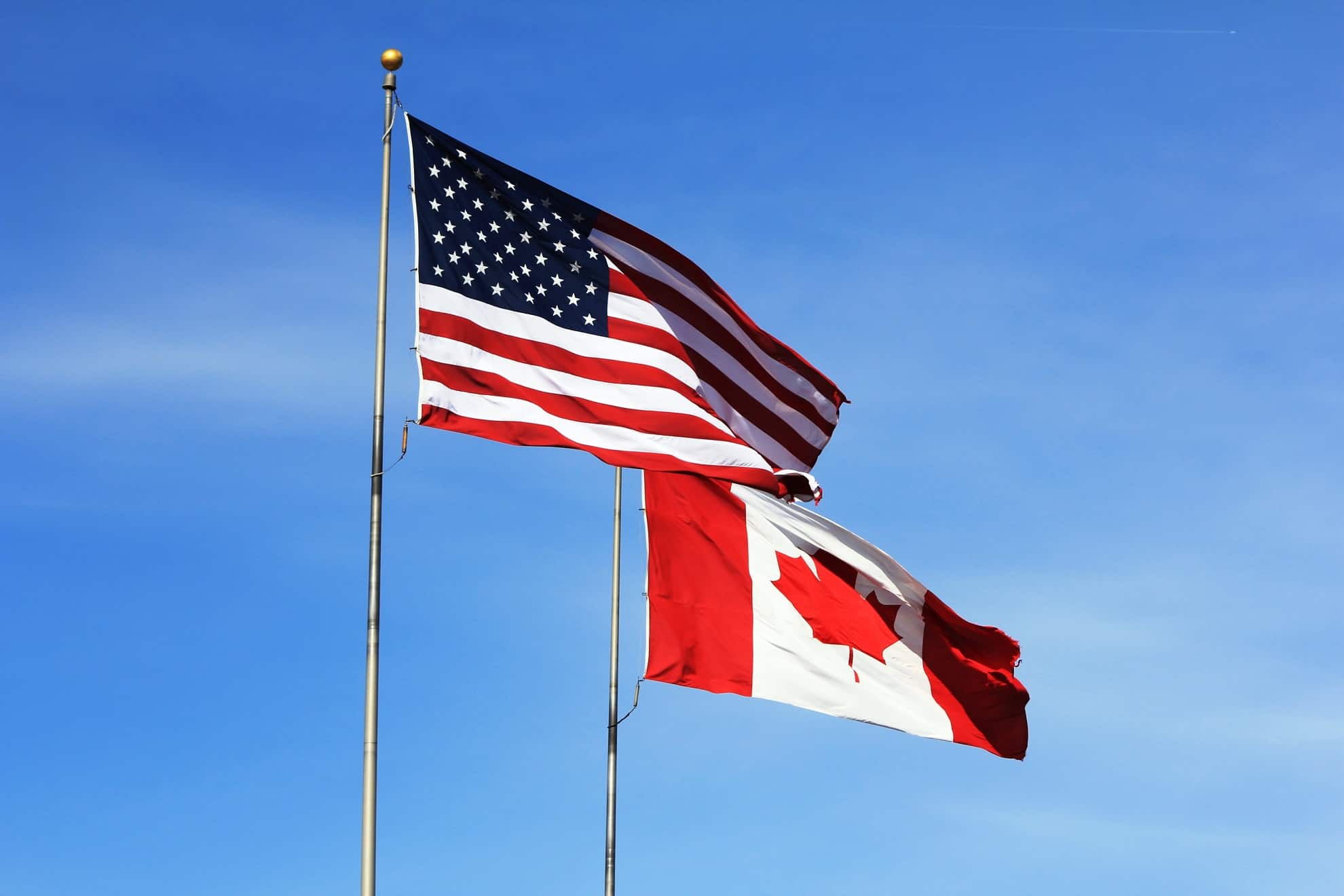What is the US-CANADA Tax Treaty?
The current Canada-United States Income Tax Agreement was first established in 1980 and had five major amendments or “agreements” that have been passed on different occasions. The latest one being the Fifth Protocol contains important changes that may change the way Canada & the United States interpret tax laws.
In summary, the US Canada Tax Treaty was established to prevent tax issues from springing up for American Citizens and Residents living in Canada and vice versa. Since the US is one of the very few countries in the world that imposes taxes based on citizenship, double taxation is seen as a problem that happens a lot.

The US already has certain policies set in place to prevent double taxation from happening to its citizens living abroad like the Foreign Earned Income Exclusion & the Foreign Tax Credit. However, the policies set in place are not enough to cover specific problems that arise for Americans living and working in Canada hence the birth of the US – Canada Tax Treaty.
Since its inception in 1980, plenty of protocol changes were made to keep it updated with the changing times.
Here are some of the latest notable changes that were made in the Treaty:
-
Withholding tax on interest payments removed. – The 10% withholding tax rate that previously applied to interest payments between unrelated parties has been removed.
-
“Mandatory” arbitration. – Currently, countries are not obligated to participate in an arbitration in instances where there is a possibility of double taxation. Under the new rules, if an agreement can’t be reached, concerned countries must conduct an arbitration.
-
“Departure Tax” – The departure tax eliminates the possibility of capital gains double taxation. Based on the current rules, persons leaving Canada must report capital gains and losses arising from their “deemed disposition” when leaving the country. Based on the new regulations, taxpayers can choose to realize their gains before becoming a US resident so the US will only tax the change in value from the date of entry.
-
RRSP & IRA – In this change, cross-border workers can deduct contributions to pension plans conducted abroad in their country of residence. This means that if you’re a Canadian working in the US that contributes to the US retirement plan, then the RRSP contribution can be deducted within the space limit when you return to Canada.
The field of taxes has a steep learning curve, doing it across the border is a whole other level of difficulty! But you don’t need to worry, our team of expert and experienced Cross Border Tax Specialists can help you!
Send us a message today and we’ll help you find a tax solution that works for you.





